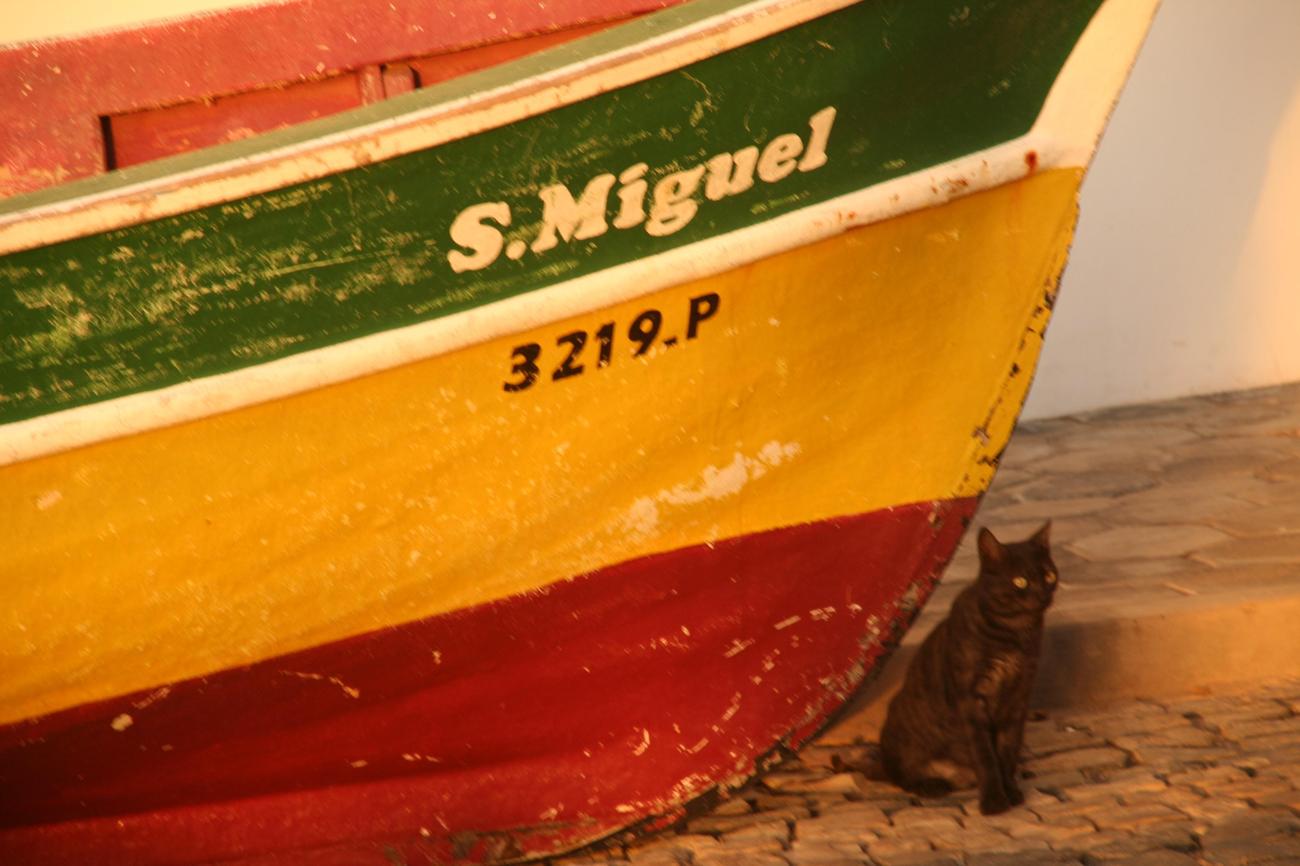Are you ready to embark on a linguistic journey like no other? Get ready to explore the enchanting world of Cape Verde creole language, a fascinating linguistic gem that will capture your imagination. In this article, we will delve into the origins, structure, and societal significance of this unique language form. Brace yourself to uncover the secrets behind this captivating language, as we unravel its historical and cultural roots. Whether you’re a language enthusiast or simply curious about cultural diversity, this article promises to take you on an unforgettable exploration of the captivating Cape Verde creole language.

Cape Verde Creole Language
Cape Verde, a beautiful archipelago off the coast of West Africa, is a land of cultural diversity and linguistic richness. While Portuguese serves as the official language of this enchanting country, the majority of the population speaks Cape Verdean Creole, making it the recognized national language. Today, let’s embark on an exploration of the captivating Cape Verde creole language and uncover its fascinating origins, structure, and societal significance.
Origins and Structure
Originating from the colonial past of Cape Verde, the Cape Verde creole language is a Portuguese-based creole. This means that it evolved from a mixture of Portuguese and African languages, cultivated through interactions between enslaved Africans and Portuguese settlers. With its roots tracing back centuries, it is believed to be the oldest living creole language in the world.
One of the striking features of the Cape Verdean Creole is its diversity. Since each island in Cape Verde developed its own way of speaking creole, distinct dialects emerged. While these dialects may differ in certain aspects, they all share the essence of the Cape Verdean creole language, binding the people of Cape Verde together through a unique linguistic heritage.
Societal Significance
The Cape Verde creole language holds significant importance in the everyday lives of Cape Verdeans, as it serves as their first language. Native speakers of Cape Verdean Creole outnumber speakers of any other creole language, a testament to its deep-rooted cultural significance. It is a language of homes, streets, markets, and social interactions, fostering a strong sense of community among its speakers.
Despite the prevalence and cultural significance of Cape Verdean Creole, Portuguese remains the official language in Cape Verde. This dichotomy reflects the complex sociolinguistic dynamics of the country and highlights the ongoing influence of colonial heritage. However, it is important to note that the vocabulary of Cape Verdean Creole relies heavily on Portuguese, while the grammar showcases striking differences. This fusion of linguistic elements from both African and European origins creates a vibrant and expressive language.
Unveiling the Mystery
Delving into the history of Cape Verdean Creole is like traversing a winding path with intriguing theories and limited documentation. While the exact origins remain elusive, several hypotheses attempt to shed light on its formation. Some believe that the mixture of Portuguese and African languages gradually gave birth to this captivating creole, illustrating the power of cultural exchange and adaptation. Others attribute its emergence to the isolation and unique circumstances experienced by the Cape Verdean people throughout history.
However, the allure of the Cape Verde creole language lies not only in its enigmatic past but also in its ability to connect people across generations and preserve a shared cultural identity. It serves as a testament to the resilience and creativity of the Cape Verdean people, who have nurtured and evolved this language over centuries.
In summary, the Cape Verde creole language is a fascinating linguistic treasure that reflects the rich history and cultural diversity of Cape Verde. Born out of the fusion between Portuguese and African languages, it has grown to become the beloved national language of Cape Verdeans. Its various dialects add color to the linguistic tapestry of the islands, celebrating the unique heritage of each community. While the origins of Cape Verdean Creole may remain shrouded in mystery, its enduring presence and deep societal significance continue to captivate language enthusiasts and cultural explorers alike.
“The Cape Verde creole language is a testament to the resilience and creativity of the Cape Verdean people, serving as a vibrant expression of their cultural identity.”
Cape Verde Language is a fascinating aspect of the vibrant culture found in the archipelago. From Crioulo to Portuguese, the diverse languages spoken here reflect the country’s rich history and multicultural influences. If you’re curious to learn more about Cape Verdean languages, click here to explore further: Cape Verde Language.

FAQ
Question 1: What is Cape Verdean Creole?
Answer 1: Cape Verdean Creole is a Portuguese-based creole language spoken by the majority of the population in Cape Verde. It is considered the oldest living creole language and has the highest number of native speakers among all creole languages.
Question 2: How is Cape Verdean Creole different from Portuguese?
Answer 2: While Portuguese is the official language of Cape Verde, Cape Verdean Creole has become the first language for most of the population. Although the vocabulary of Cape Verdean Creole primarily comes from Portuguese, its grammar is significantly different. Each island in Cape Verde has developed its own dialect of Creole, resulting in variations in pronunciation, vocabulary, and grammar.
Question 3: Why is Portuguese still the official language if Cape Verdean Creole is spoken by the majority?
Answer 3: Despite Cape Verdean Creole being the first language for most Cape Verdeans, Portuguese remains the official language of the country. This is mainly due to historical reasons and the influence of colonization. Portuguese is still used in instruction, government, newspapers, television, and radio in Cape Verde.
Question 4: What is the history of Cape Verdean Creole?
Answer 4: The history of Cape Verdean Creole is difficult to trace, but there are several theories about its formation. It is believed to have evolved from the contact between Portuguese colonizers and African slaves during the slave trade era. Over time, the language developed distinct features influenced by the languages spoken by Africans from different regions.
Question 5: Are there different dialects of Cape Verdean Creole?
Answer 5: Yes, each island in Cape Verde has its own way of speaking Cape Verdean Creole, resulting in different dialects. These dialects vary in pronunciation, grammar, and vocabulary, reflecting the unique cultural and historical influences of each island.
- Jerry McSorley’s Post-Divorce Life: New Beginnings - July 16, 2025
- The Rise and Fall of the New Haven Nighthawks: A Minor League Hockey Legacy - July 16, 2025
- Unlock Jerry McSorley’s Career Highlights: Eye Tax Inc.’s Solar Success - July 16, 2025
















